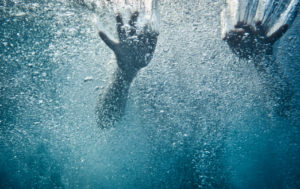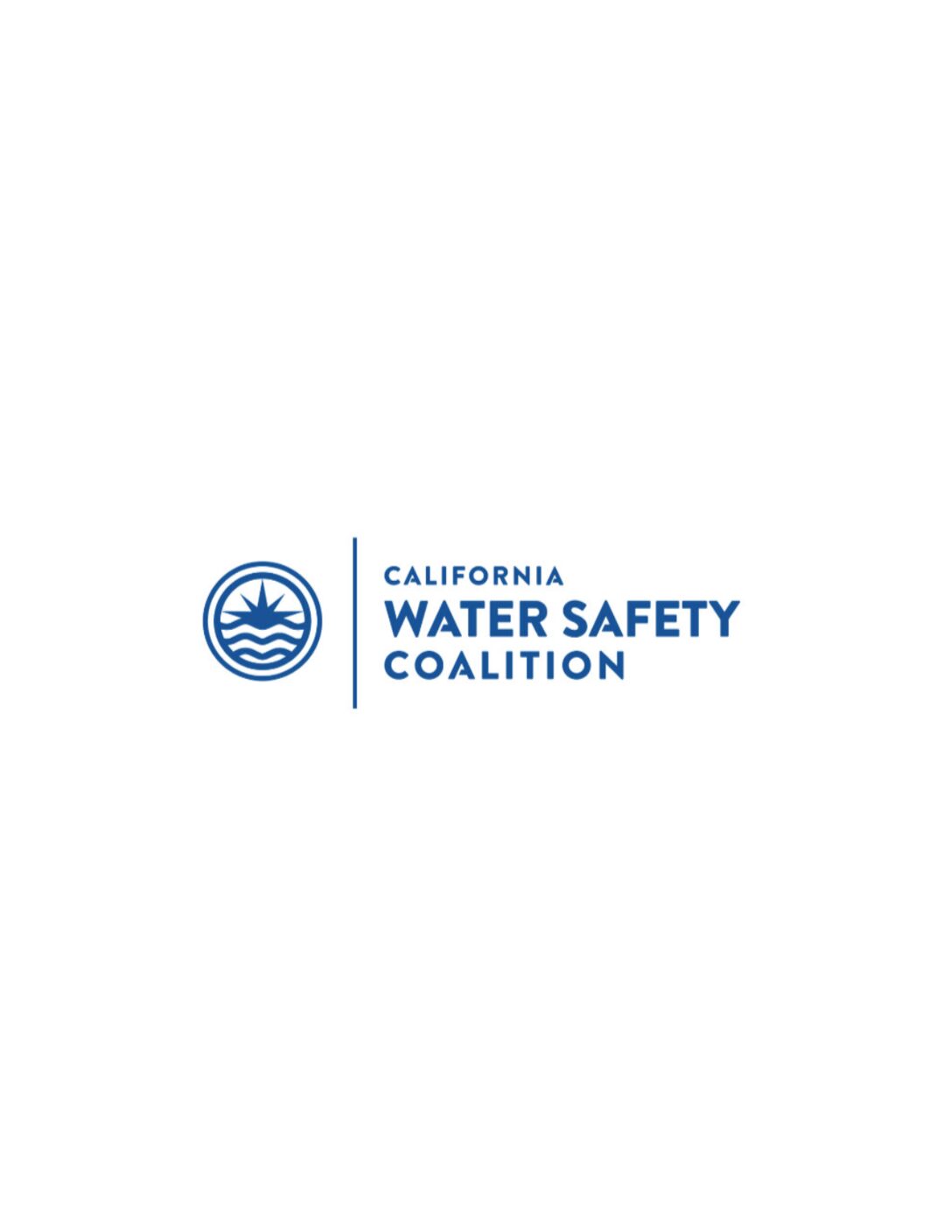Overcoming Aquaphobia
The month of October is always focused on fear. This is understandable because it is the time of the year when we celebrate Halloween. The stores are full of costumes and candy, new horror flicks hit the movie theaters, and haunted houses and trails pop up all over town. Excitement over the thrill of being scared takes the community by storm as everyone eagerly anticipates the frightening surprises in store for them on the final night.
Being scared, in the right setting, can be a lot of fun. There have even been a few scientific studies that suggest getting a good scare can even be a good stress reducer. However, that is meant in a go visit a haunted trail with friends kind of way. There are real things to be afraid of in this world that will only make life more stressful. In fact, there are many fears people face every day known as phobias. These phobias are basic activities, places, and things that we all face on a daily basis. Some of us find them normal while others become very distressed by them. One such phobia is aqua- phobia.
You may have aqua-phobia if you find that any source of water causes you an excessive amount of anxiety. This can include a swimming pool, a lake, an ocean, or even a bathtub. Aqua phobia is often mistaken for another phobia called hydrophobia. Even though they both involve water, aqua phobia and hydrophobia aren’t the same.Hydrophobia is an aversion to water that develops in humans during the later stages of rabies
Some of the more common symptoms of aqua-phobia include the following:
- an immediate feeling of intense fear, anxiety, and panic when thinking about water
- a persistent, excessive, or unreasonable fear when exposed to water
- recognizing that the fear of water is excessive or out of proportion to the actual threat
- avoidance of water
- sweating
- rapid heartbeat
- tight chest and difficulty breathing
- nausea
- dizziness or fainting
While the causes of specific phobias aren’t well-understood, there is some evidence that phobias can be genetically inherited. If you have a family member who has a mental health condition, such as anxiety or other phobias, you too may be at risk of developing a phobia. Aqua-phobia is often caused by a traumatic event during childhood, such as a near-drowning. It can also be the result of a series of negative experiences. These typically happen in childhood and aren’t as severe as a traumatic experience. Science also suggests that changes in brain function may also play a role in developing specific phobias.
Having a fear of water is no fun. After all, there are so many fun and exciting ways to experience the world through water. Scuba diving, water skiing, fishing and of course - SWIMMING!!! Phobias can be hard to overcome but it can be done. To receive the right form of treatment, a licensed mental healthcare provider must evaluate the person’s symptoms and diagnose their specific phobia.
For more information on the subject you can visit sites like mayoclinic.com and medicalnewstoday.com .
This article is brought to you by: The Swimming Swan















